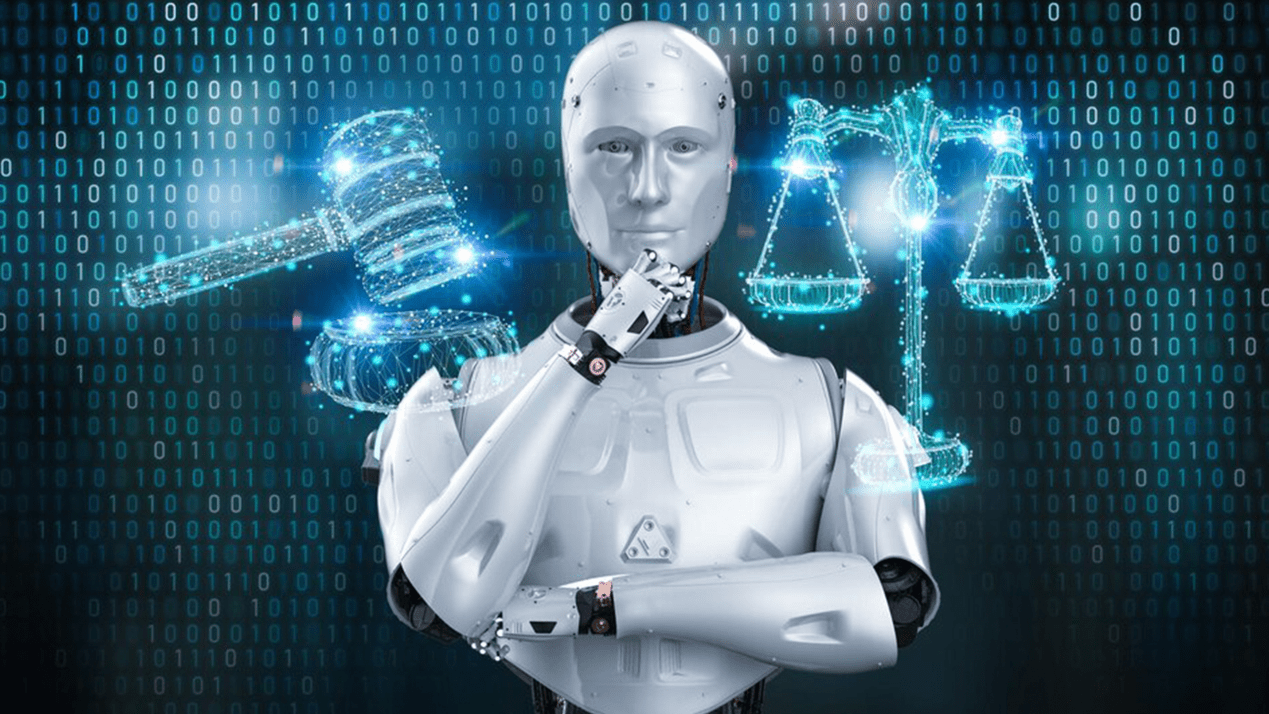- February 23, 2026 1:20 pm
- California

In a surprising turn of events, leading technology companies have come forward in unison to advocate for introducing regulations governing artificial intelligence (AI). This unprecedented move marks a significant shift within the industry, where companies have traditionally championed less intervention.
Representatives from major tech giants such as Amazon, Google, and Microsoft recently testified before a government committee, expressing their concerns about the potential pitfalls of unregulated AI development. They emphasized the need for “guardrails” to be established to ensure the responsible and ethical use of this powerful technology.
Several factors appear to be driving this change in stance. One key concern is the potential for bias within AI algorithms. These biases could lead to discriminatory outcomes, impacting areas like loan approvals, job applications, or even criminal justice decisions if left unchecked.
Furthermore, the rapid advancement of AI raises concerns about potential misuse. The development of autonomous weapons systems or AI-powered surveillance tools necessitates careful consideration of ethical implications and potential risks to privacy and security.
Tech companies themselves acknowledge the limitations of self-regulation. While internal ethical guidelines exist, the complexities of AI development and the potential for unintended consequences necessitate a broader framework established through government regulations.
The specific nature of these regulations remains a topic of debate. Some experts propose focusing on algorithmic transparency and accountability, ensuring that AI models’ decision-making processes are understandable and verifiable. Others advocate for stricter data governance protocols to prevent bias and ensure the privacy of individuals whose data is used to train AI models.
The European Union (EU) has taken a proactive stance on AI regulation, introducing its “AI Act” in April 2021. This legislation outlines a risk-based approach, categorizing AI applications into different levels of risk and imposing corresponding regulatory requirements.
The United States, however, currently lacks a comprehensive regulatory framework for AI development. The recent calls from tech companies suggest a growing recognition of the need for national-level regulations to ensure responsible and ethical AI development.
The coming months will likely witness a period of active discussion and debate surrounding AI regulation. Striking a balance between fostering innovation and mitigating potential risks will be crucial. Collaboration between tech companies, policymakers, and ethicists will be essential in establishing a regulatory framework that promotes the safe and beneficial development of AI for the good of society.